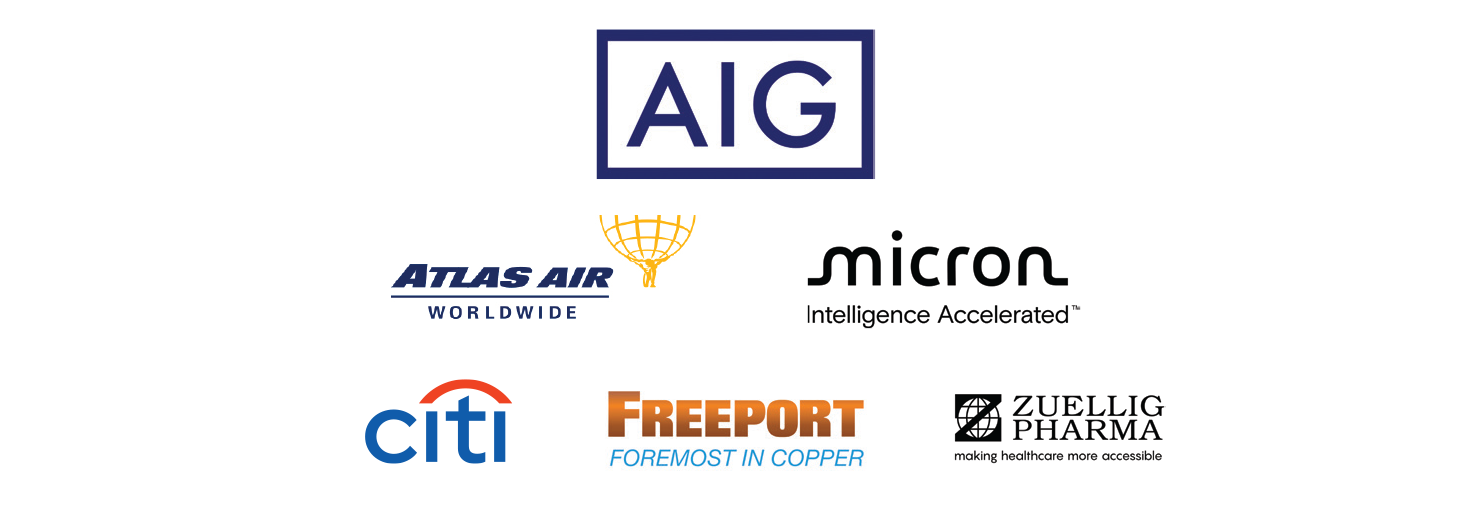Originally launched in 2009, ASEAN Matters for America/America Matters for ASEAN explores the important and multi-faceted relationship between the United States and the 10 Association of Southeast Asian Nations (ASEAN) member states (Brunei, Cambodia, Indonesia, Laos, Malaysia, Myanmar (Burma), Philippines, Singapore, Thailand, and Vietnam).
This project consists of a printed publication, one-page summaries of every US state, outreach events across the US and ASEAN, and online articles, data visualizations, and information about the US-ASEAN relationship. The 7th edition of the ASEAN Matters for America publication was launched in 2025.
East-West Center
The East-West Center promotes better relations and understanding among the people and nations of the United States, Asia, and the Pacific through cooperative study, research, and dialogue. Established by the US Congress in 1960, the Center serves as a resource for information and analysis on critical issues of common concern, bringing people together to exchange views, build expertise, and develop policy options. The Center’s Washington, DC office focuses on preparing the United States for an era of growing Asia Pacific prominence.
The Center is an independent, public, nonprofit organization with funding from the US government, and additional support provided by private agencies, individuals, foundations, corporations, and governments in the region.
The views expressed in articles by external contributors are those of the author and do not necessarily reflect the policy or position of the East-West Center or any organization with which the author is affiliated.
Our Partners

US-ASEAN Business Council
Since 1984, the US-ASEAN Business Council has been the premier advocacy organization for US corporations operating within the dynamic Association of Southeast Asian Nations (ASEAN). Worldwide, the Council’s membership of more than 180 companies generates almost US$7 trillion in revenue and employs nearly 15 million people. Today, our members include the largest US companies conducting business in ASEAN and range from newcomers to the region to companies that have been working in Southeast Asia for more than 100 years. The Council has eight offices around the globe: Washington, D.C.; Bangkok, Thailand; Hanoi, Vietnam; Jakarta, Indonesia; Kuala Lumpur, Malaysia; Manila, Philippines; Singapore; and New York, NY, primarily for engagements during the United Nations General Assembly. For more information, please visit www.usasean.org.
US-ASEAN Business Council members contributed toward this initiative:


ISEAS - Yusof Ishak Institute
ISEAS - Yusof Ishak Institute (formerly Institute of Southeast Asian Studies) is an autonomous organization established in 1968. It is a regional centre dedicated to the study of socio-political, security, and economic trends and developments in Southeast Asia and its wider geostrategic and economic environment. The ASEAN Studies Centre (ASC) was established in 2008 under the ISEAS-Yusof Ishak Institute to research on issues pertaining to the Association of Southeast Asian Nations (ASEAN) as an institution and a process. The ASC is the first Institutional Recipient of the ASEAN Prize in 2020, a prestigious award to honour the outstanding achievements of individuals or organisations who have made meaningful contribution to ASEAN.
Project Staff
East-West Center in Washington
Director: Satu Limaye, PhD
Program Manager: Amy Namur
Program Coordinator: Charissa Yong
Infographics and Design: Jeanette Simmons
Research & Content: Nurul Ashiqin Ariffin, Tommis Meyer, Nanami Nishimoto, Emma Potts, Hoang Trung “Alex” Vu
US-ASEAN Business Council
President & CEO: Amb. Brian McFeeters
CPO & EVP: Marc Mealy
COO: Maggie Hanson-Muse
Coordinator: Max Knight
Contributor: Andrew Koch, Chris Zoromski
ASEAN Studies Centre, ISEAS-Yusof Ishak Institute
Director: Choi Shing Kwok, Head of ASEAN Studies Centre
Coordinator: Joanne Lin
Contributors: Kristina Fong, Melinda Martinus, Pham Thi Phuong Thao, Indira Zahra Aridati, Sasitharan Gauri